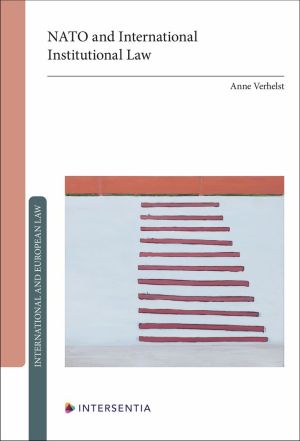
Explore the complex realm of international law and organisations through this in-depth examination of the North Atlantic Treaty Organization (NATO). Besides establishing the principle of collective self-defence in Article 5, the North Atlantic Treaty is exceptionally unspecific in defining NATO as an international organisation. Moreover, although the North Atlantic Treaty has never been amended in 75 years, NATO has progressively expanded its membership and mandate: it now counts 32 members, conducts out-of-area operations and decides on issues of cyber and terrorism. How has this evolution unfolded? From the ambiguity of consensus decision-making and NATO’s expanding powers to the complexities of membership admission, the book dissects every aspect of NATO's legal landscape.
As the world confronts increasingly complex security challenges, NATO and International Institutional Law offers indispensable insights into the legal foundations of one of the most influential international organisations. This book is an invaluable resource for scholars, policymakers, and practitioners seeking to navigate the intersection of international law and security.